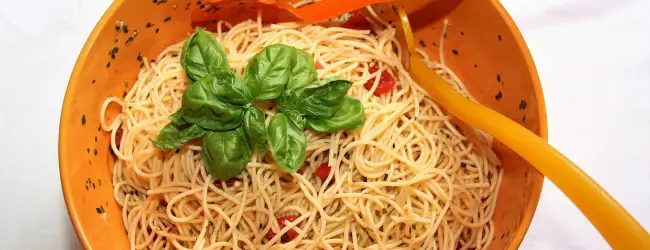I have mentioned using foreign languages these days. So today, let’s talk about how to learn it. I think the sense of word combinations makes it easier to use other languages.
How to learn other languages
Many people want to use other languages. Sometimes, we also feel so.
We have more possibilities if we can use other languages. Because our world expands. There are many people, living places, knowledge, ways of living, and fun in this world. And sometimes, we need to learn a new language for them.

But we often have difficulties learning other languages. Perhaps it is because a language is too complex. A language usually has many words and grammar. It is like a microwave with hundreds of buttons. When we face a complex thing, we cannot understand how to use it. So we often have difficulties learning them.
So today, I introduce an effective way to learn it. I know there are many methods for learning foreign languages. But this is my way. Perhaps this way is more efficient for creators.
Word combinations vs. memorizing phrases
I think the sense of word combinations is more important than memorizing phrases. It makes it easier to use other languages.
To explain it, let’s assume cooking. We want to cook delicious dishes. But we don’t know how to make it.
At such a time, we have two ways to understand cooking. One is memorizing many recipes. The other is knowing the combinations of ingredients.

First, we can refer to the recipe. Following recipes allows us to make certain kinds of tasty dishes. So we want to memorize many recipes. This is the same as memorizing phrases in learning languages.
But we will soon feel the limit of memorizing because there are too many recipes. In addition, we sometimes cannot get a certain ingredient. In learning languages, there are many phrases to use in daily conversation. And we often forget a word of it.
Focusing on the combination of basic words
So we can choose the next way. We focus on how to combine the ingredients. We use only basic words or ingredients at the beginning. It makes it easier to use other languages.
For example, we can make tasty dishes even with basic ingredients such as sugar, salt, vinegar, pepper, and broth. Try boiling the pasta, and add some salt and pepper, chicken broth, lemon juice, and a pinch of sugar. It is simple but delicious. It has universal good taste.

This is the same as combining basic words when using languages. We can limit the vocabulary to the basic ones. And we focus on the combination of them.
For example, we can say “be gone” instead of “disappear.” “Go” or “away” are the basic words. On the other hand, “disappear” is a little special. At such a time, we can also describe nearly the same meanings with basic words, even if we don’t know the special word “disappear.”
There are basic words in every language. In English, such as “go,” “come,” “keep,” “put,”, or “take.” They are the same as salt and pepper. Although the taste is simple, we can taste it.

Improving our dishes gradually
This is the way I prefer. We don’t need to memorize many recipes. We can make tasty dishes only by combining basic ingredients. So we can enjoy cooking. Of course, they are not special. But there is universal taste.
And we can learn and add special ingredients gradually, such as cheese, parsley, olive oils, tomatoes, and chili peppers. So we can make various pasta dishes little by little.
We can choose this way not only for learning languages but also for many other creations.
Conclusion
So I think the sense of word combinations is more important than memorizing phrases. It makes it easier to learn not only cooking but also other languages.
When we know the universal taste combination, we will enjoy the dishes. So we can use our new languages with pleasure. I think this way is for creators who like logic more than memorizing.
If we know this way, we might be able to use other languages easier.
Thank you for reading this article. I hope to see you at the next one.


